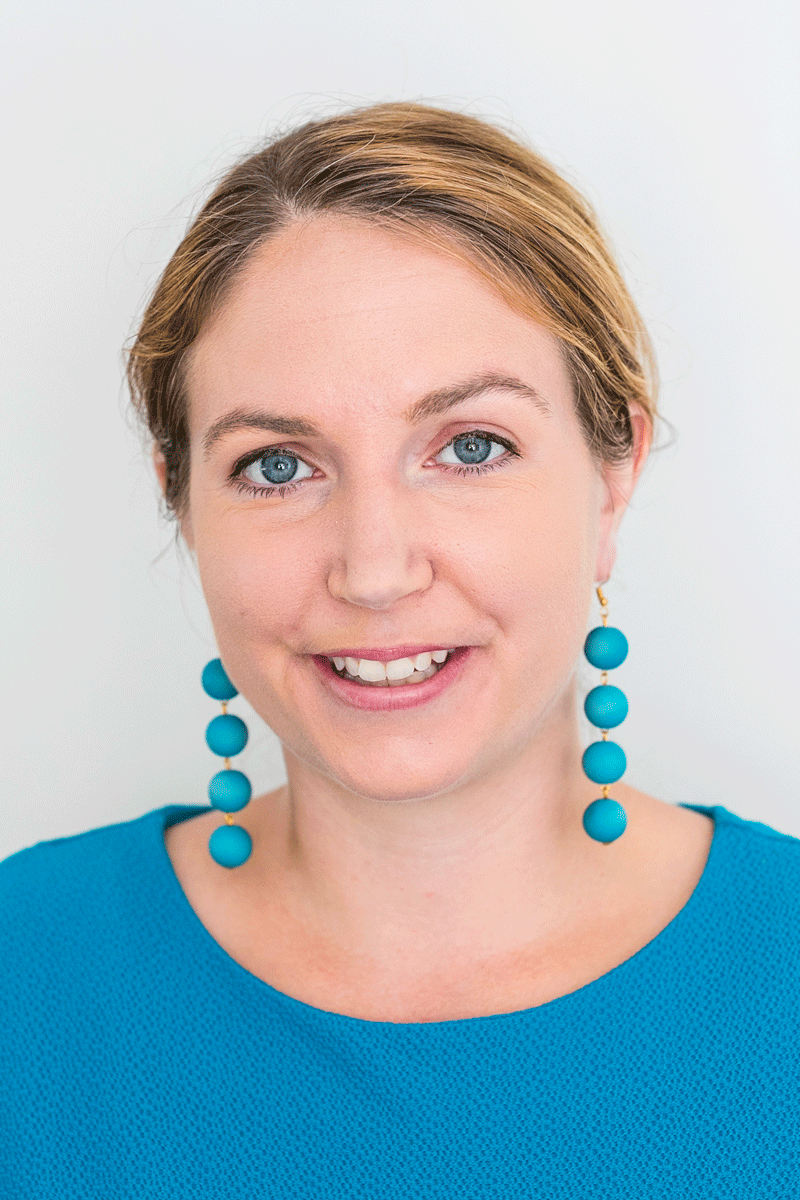Learn
Develop knowledge and skills to help consumers with everyday problems. Explore consumer economics, personal finance, and behavioral economics to gain a broad understanding of the role of consumers in the marketplace. Analyze data using financial and statistical tools.
Do
Take advantage of internship opportunities at places like Aldi, the Federal Trade Commission, and the Illinois Attorney General’s office. Conduct independent research through course work and through independent studies with faculty members. Past topics have included credit card debt of college students and University housing policy.
Advance
Pursue career opportunities as an insurance underwriter, banker, financial analyst, data analyst, or consumer fraud investigator. Use knowledge of family economics working for government agencies and non-profit organizations that make consumers and families better off. Go to graduate school in applied economics, business, or law.

